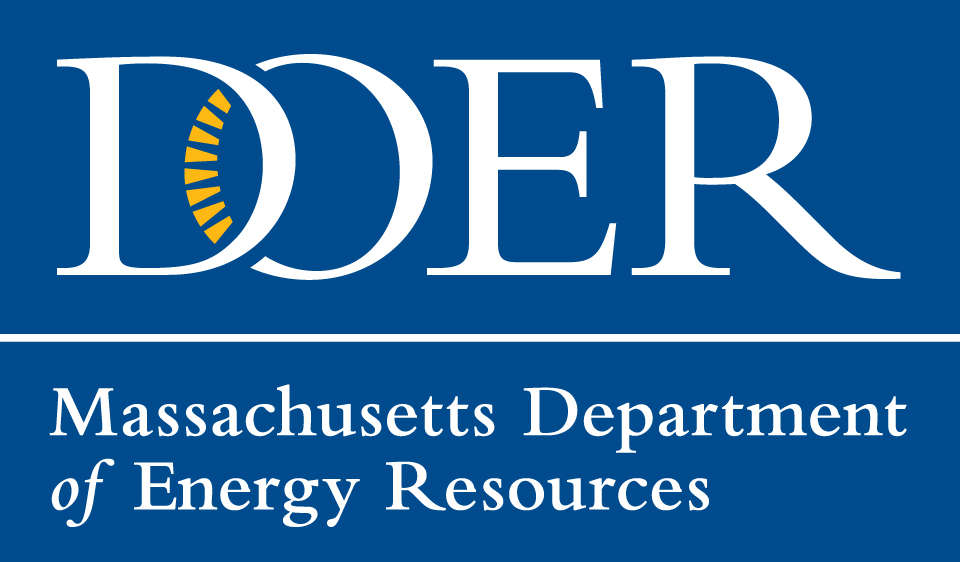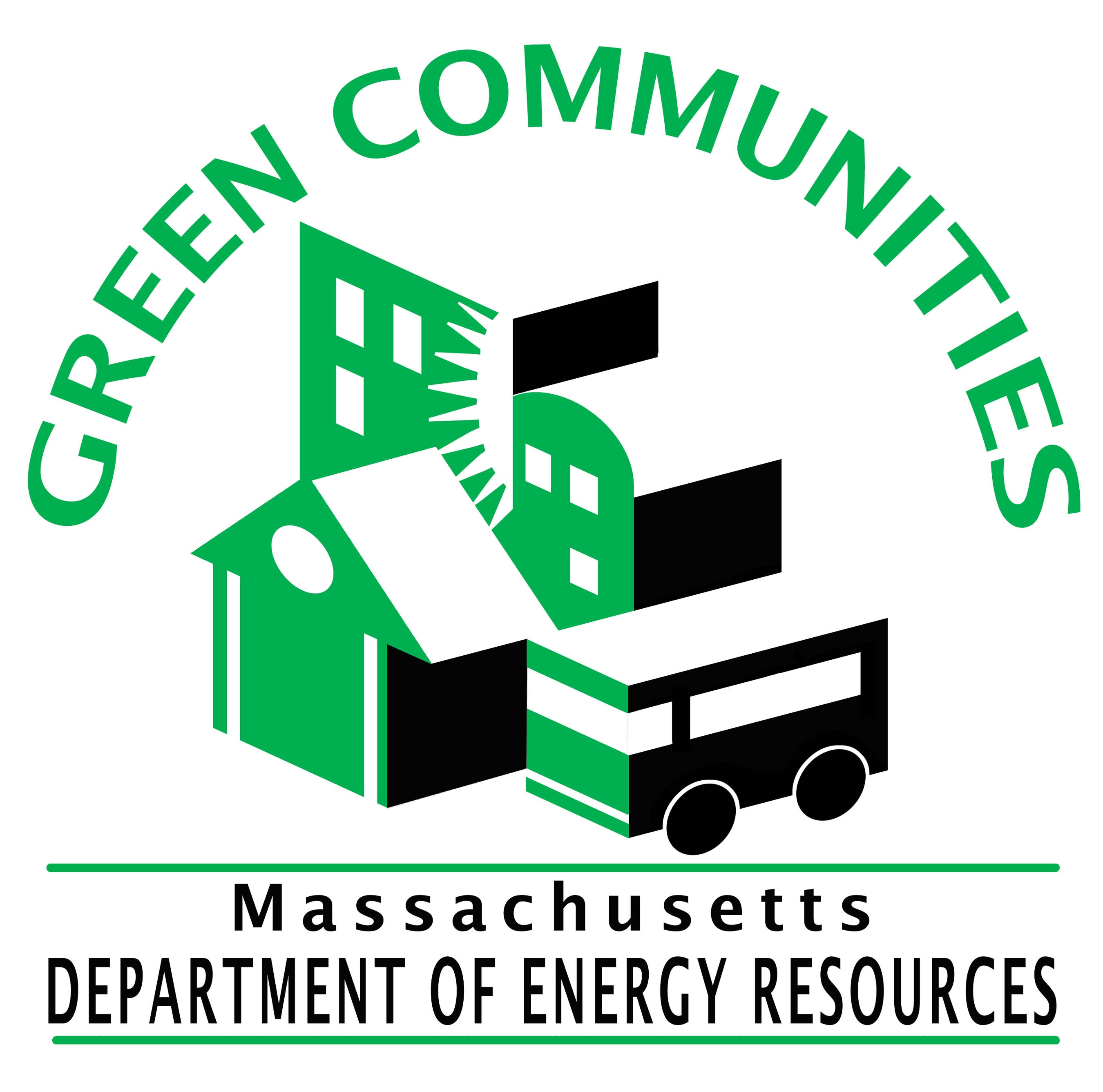- Massachusetts Department of Energy Resources
- Green Communities Division
Media Contact
Lauren Diggin, External Affairs Manager
Boston — The Healey-Driscoll Administration today announced more than $7.4 million for communities across Massachusetts to fund clean energy projects. The Department of Energy Resources (DOER) is awarding Green Communities competitive grants to 44 municipalities. With today’s announcement, DOER has awarded more than $185 million to Green Communities in Designation Grants and Competitive Grants since 2010.
“Our cities and towns are playing a crucial role in accelerating our clean energy transition. Their efforts not only advance our clean energy goals but also strengthen local economies and create healthier, more affordable communities,” said Governor Maura Healey. “We are proud of these 44 communities leading the way in climate action and investing in local clean energy projects.”
“Massachusetts’ communities are clean energy advocates, and I applaud the hardworking municipal staff and volunteers who make local energy efficiency and green energy projects possible,” said Lieutenant Governor Kim Driscoll. “By working hand-in-hand with our cities and towns, the state can achieve meaningful reductions in harmful emissions and spur innovation and cost savings at the local level.”
Under the Green Communities Act, cities and towns must meet five criteria to be designated a Green Community and receive funding. The grants provide financial support for energy efficiency and renewable energy projects that further the designated communities’ clean energy goals and are awarded to existing Green Communities that have successfully invested their initial designation grants and previous competitive grant awards. Funding for these grants is available through proceeds from carbon allowance auctions under the Regional Greenhouse Gas Initiative (RGGI). Competitive awards are capped at $250,000 per municipality or $500,000 if applying for comprehensive building decarbonization funding, which is for projects that are ready for immediate implementation but may extend beyond typical grant implementation times and costs.
“Massachusetts’ clean energy transition will deliver benefits to every community, including more high-paying jobs, cleaner air, improved public health, and lower energy costs,” said Energy and Environmental Affairs Secretary Rebecca Tepper. “We are proud to support municipalities as they make these investments, and we will continue to work with them to reduce our reliance on dirty fossil fuels. This will lower costs and risks for our communities as well as for their residents and businesses.”
“We’re honored to work with Massachusetts’ Green Communities to provide clean heat and transportation alternatives to expensive fossil fuels, lowering costs and freeing up budgets for municipalities,” said DOER Commissioner Elizabeth Mahony. “These clean energy projects help local governments meet their own climate goals, reduce pollution, and create new opportunities for economic development at the local level.”
The grant recipients in this round will use the funding for a variety of projects aimed at reducing energy in their municipal operations. These projects include the installation of high-efficiency lighting, building weatherization, upgrades to energy management systems, facility retro-commissioning, and transitioning HVAC systems away from fossil fuels by installing air- or ground-source heat pumps.
Seventeen of the communities received awards for fuel-switching projects – replacing fossil fuel-fired HVAC or water heating systems with heat pumps. Once installed, those projects will reduce greenhouse gas emissions 322 tons annually.
The following municipalities received grant awards:
| Municipality | Total Grant Award | Municipality | Total Grant Award |
|---|---|---|---|
| Bedford | $65,638.00 | Palmer | $118,575.00 |
| Bellingham | $51,732.00 | Plainfield | $47,180.00 |
| Berlin | $213,074.00 | Plympton | $135,007.00 |
| Burlington | $250,000.00 | Rehoboth | $225,000.00 |
| Carver | $147,789.00 | Rockland | $247,120 .00 |
| Clinton | $185,886.00 | Salem | $250,000.00 |
| Dartmouth | $160,763.00 | Shelburne | $75,734.00 |
| Deerfield | $190,187.00 | Southborough | $123,936.00 |
| Dracut | $71,183.00 | Southbridge | $226,549.00 |
| Georgetown | $177,448.00 | Stoneham | $225,000.00 |
| Great Barrington | $40,328.00 | Stoughton | $249,445.00 |
| Halifax | $221,649.00 | Swampscott | $81,615.00 |
| Hamilton | $500,000.00 | Tyngsborough | $131,828.00 |
| Haverhill | $139,150.00 | Upton | $126,402.00 |
| Leverett | $114,388.00 | Uxbridge | $225,000.00 |
| Lincoln | $5,000.00 | Warren | $201,054.00 |
| Lowell | $220,102.00 | Wellesley | $500,000.00 |
| Marion | $212,675.00 | Westborough | $140,973.00 |
| Needham | $162,848.00 | West Boylston | $43,905.00 |
| Newburyport | $110,034.00 | West Springfield | $217,203.00 |
| New Salem | $126,860.00 | Winchendon | $208,489.00 |
| North Adams | $177,072.00 | Woburn | $125,000.00 |
“These funds are critical to infrastructure improvements in Haverhill and I’m thrilled that the city made it through a competitive grant process,” said State Representative Andy X. Vargas (D-Haverhill). “We look forward to continuing to support the Green Communities program through the legislature.”
“The allocation of these grant funds to Berlin and West Boylston is another important step toward realizing the energy goals of our towns,” said State Senator Robyn Kennedy (D-First Worcester District). “By investing in energy conservation initiatives, we are paving the way for a more sustainable future. I want to thank the Department of Energy Resources for their collaboration and the Green Communities Grant Program for providing essential funding to small towns like Berlin and West Boylston. These investments will significantly improve energy efficiency in municipal facilities, including the Berlin Municipal Building and West Boylston Middle/High School, ultimately benefiting the residents and students of the First Worcester District.”
“I am thrilled that Haverhill will be receiving $139,150 in Green Communities competitive grant,” said State Senator Pavel Payano (D-Lawrence). “These funds will enable significant energy conservation measures across multiple municipal facilities, including our local schools. This investment not only helps reduce energy costs but also furthers our commitment to a greener, more resilient future for Haverhill. I look forward to seeing the positive impact these projects will have on our community.”
The proposed projects will leverage $2,148,794 in utility incentives and yield energy cost savings of $524,842. The 22,763 MMBtus expected in annual energy savings translates to the amount of energy consumed by 176 Massachusetts households. The projects are estimated to reduce greenhouse gas emissions by 1,486 metric tons annually, roughly equal to taking over 287 cars off the road.
For additional information on awarded projects and funding amounts, please click here.
###

